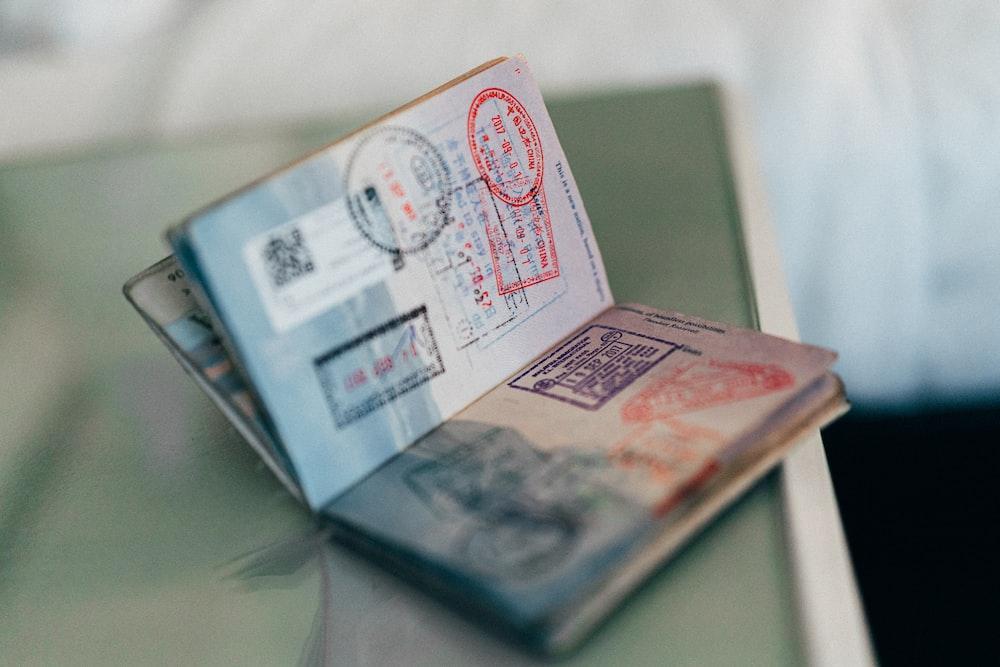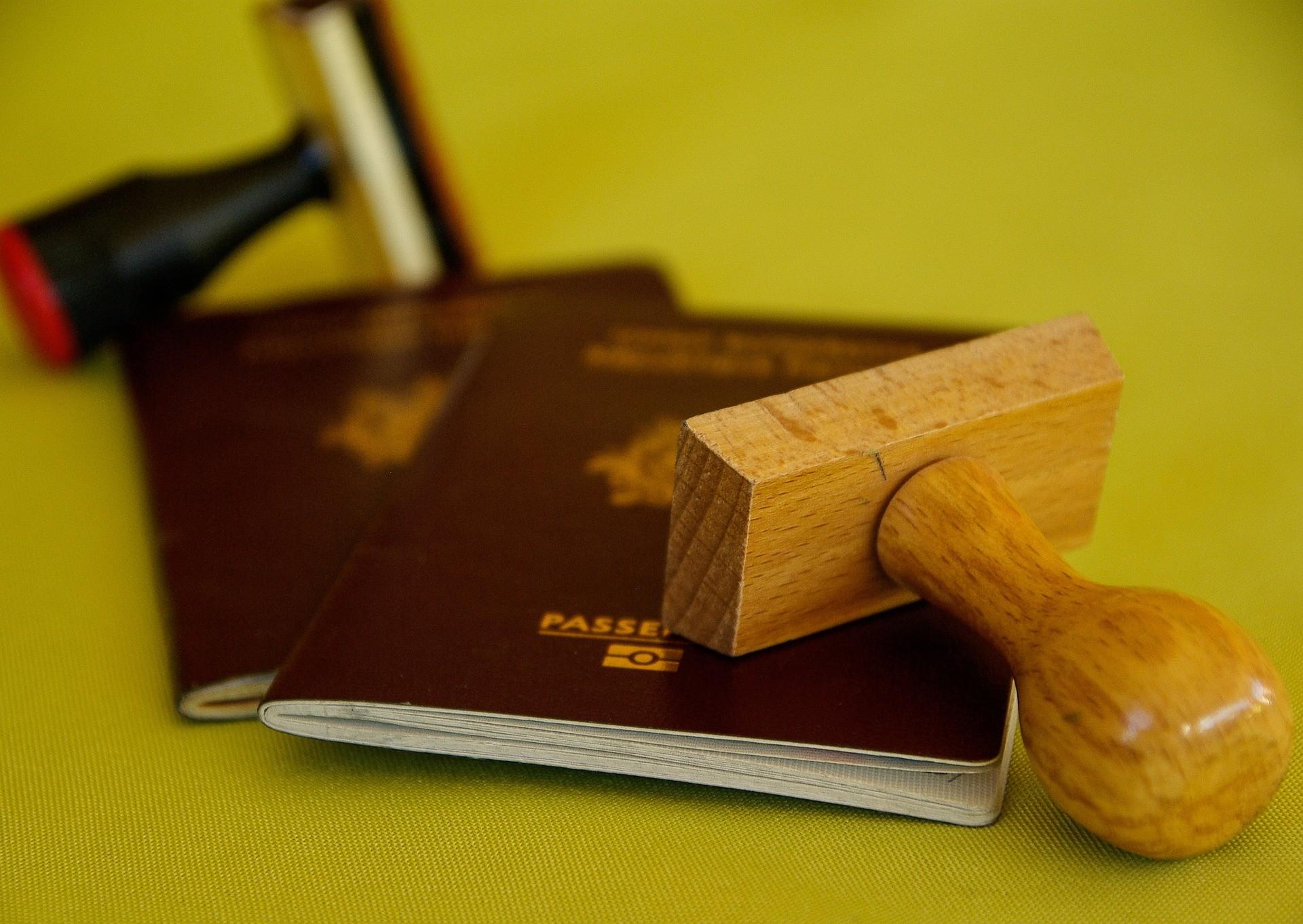Dual Citizenship in Germany is a frequently discussed topic in German politics, especially when elections draw near. Conservative and right-wing players in particular like to invoke debates on the matter in order to score with their constituents. In 2016, the continuing discussion on dual citizenship came back onto the table: First, in the summer after large-scale pro-Erdogan demonstrations in the aftermath of the attempted coup in Turkey in July.
Second, after the CDU party conference in December. The delegates voted to reinstate the so-called “Optionspflicht” (option obligation) as a measure against terrorism. This law forces adolescent owners of two nationalities to decide for one of their passports between the age of 18 and 23. Even though Angela Merkel aims to preserve the status quo of the dual citizenship, the vote ignited the debate once more.
There is an unwritten principle in the German handling of multiple citizenships: it is to be avoided. The idea is to eschew legal complications. Nonetheless, the reality is a different one, as up to roughly 4% of Germans have at least two passports. I’m being so coy on the number, as the real figures are quite unclear as well, meaning Germany’s dual citizens have never been fully counted.
The legal Situation of Dual Citizenship in Germany
In Germany, a dual citizenship is allowed within the borders of the European Union. If all requirements for gaining German citizenship are fulfilled, the existence of a second nationality will be accepted. The legality of two passports, of course, depends on the respective laws in both countries concerned. I, for example, have a Danish as well as a German passport, which before September 2015 was only possible through a loophole in Danish law, but Denmark changed its policy on multiple citizenships and now I am officially allowed to keep both nationalities. Dual citizenship concerning Germany and a country outside the EU is a very different matter.

International Regulations
There are, for example, countries, such as Afghanistan, Iran, Morocco, or Tunisia, that basically don’t “let go” of their citizens, even if they take on another citizenship and have lived in another country for most of or all of their lives. If you are born to a German parent, you’ll automatically have German citizenship, whether you’ll keep the nationality of your other parent, depends on his or her country of origin. Since 2014, children of non-EU citizens born and grown up in Germany are allowed to keep their parents nationality as well, if they lived in Germany for at least 8 years until the age of 21, went to a German school for at least 6 years, graduated in Germany or have a German training certificate.
Political Motivation of depriving Citizens of their German Citizenship
So what is the CDU, in the person of Minister of the Interior, Thomas De Maizière, aiming at, when it speaks of depriving people (in this case Islamic terrorists) of their German citizenship and when it dwells on limiting the statutes on dual citizenship? To be clear: It is virtually impossible to lose German citizenship if it’s the only one you have. Thus, this threat is only addressing owners of at least two citizenships. In the case currently debated, the 677 people that reportedly went to Syria and Iraq to fight for Daesh that would concern roughly 170 persons. So, even though life would be undoubtedly harder for those people, it seems the De Maizière’s motives are driven by the hopes of appealing to its own right. Numerous other CDU-Politicians aim at abolishing dual citizenship once and for all.
In 2008, about half of all countries on earth allowed dual citizenship, confirming a trend that more and more nations were increasingly tolerant in the matter. Recent rises in right-wing populism and extreme conservatism across Europe and numerous other parts of the world might, of course, turn that trend around.

